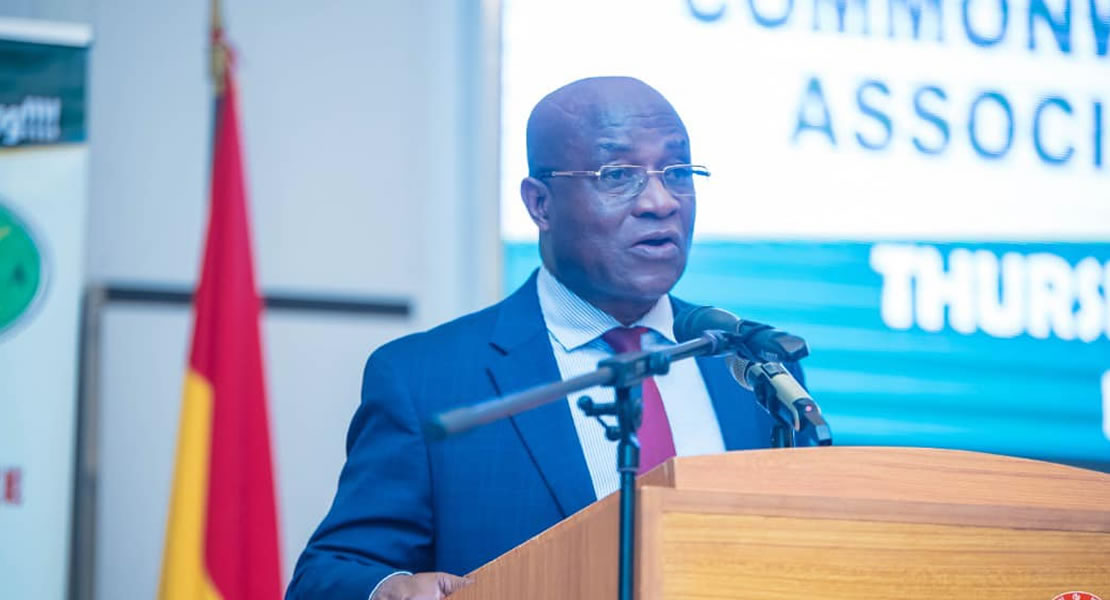Speaker of the Economic Community of West African Statutes (ECOWAS) Parliament, Rt. Hon Sidie Mohammed Tunis has said the policy of isolation as a result of imposed sanctions of member states when there are coups undermines regional integration.
According to him its impact appears to have consequences, mostly characterized by debates by ordinary citizens in some Member states, on the disability or otherwise of their continued membership.
The situations in the Republics of Mali, Guinea and Burkina Faso, exacerbated by the failed coup in the Republic of Guinea Bissau, are threatening issues that require their urgent attention. Constitutional abuse and deficit in good governance principles, the lack of transparency in the electioneering processes, corruption, as well as civil unrest resulting from unplanned change in constitution, are factors to which coups d’états have been hinged.
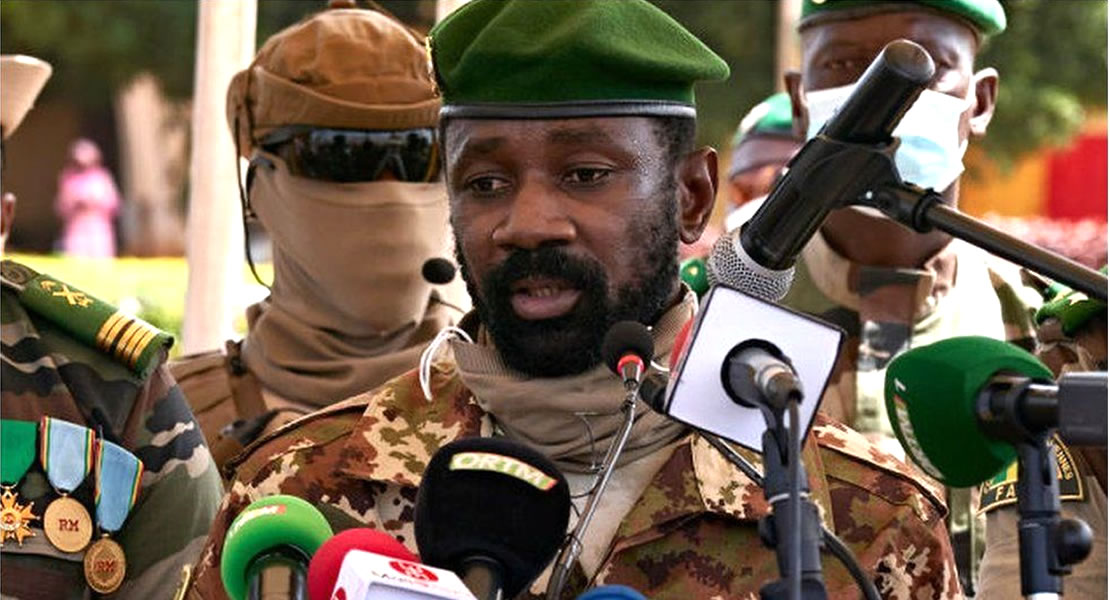 As a result, the democratic processes appear weakened, thereby impacting negatively on the image of ECOWAS.
As a result, the democratic processes appear weakened, thereby impacting negatively on the image of ECOWAS.
Article 27/2c of the Supplementary Act Relating to the Enhancement of the Powers of the ECOWAS Parliament, provides that the Parliament should endeavor to hold its Extraordinary Sessions in the respective Member States.
Premised upon that provision, we have gathered as a Committee of the Whole to deliberate on one agenda, perhaps the most important regional agenda at the moment, that being the Political and Security situation in the ECOWAS Region; Retrogression of Democracy and the Resurgence of unconstitutional Change of Government, with key emphasis on Mali, Guinea, and Burkina Faso.
We take due cognizance of the fact that the ECOWAS Parliament, being the representative body of the ECOWAS Region, must fully participate in the development of the region, through the promotion of peace and security, human rights and the development of a democratic culture. In order to perform these inviolable responsibilities, we must take ownership of the situations we are confronted with and exhibit leadership to the fullest, the Speaker stated.
In his opening message at the first in-person, Extraordinary Session in Monrovia Liberia on Tuesday, March 8, 2022, he noted that they remain mindful of the prevailing political situation in the Republics of Mali, Guinea and Burkina Faso; the three Member States where democracy has been disrupted and hence the decision by the Authority of Heads of state and Government to suspend them.
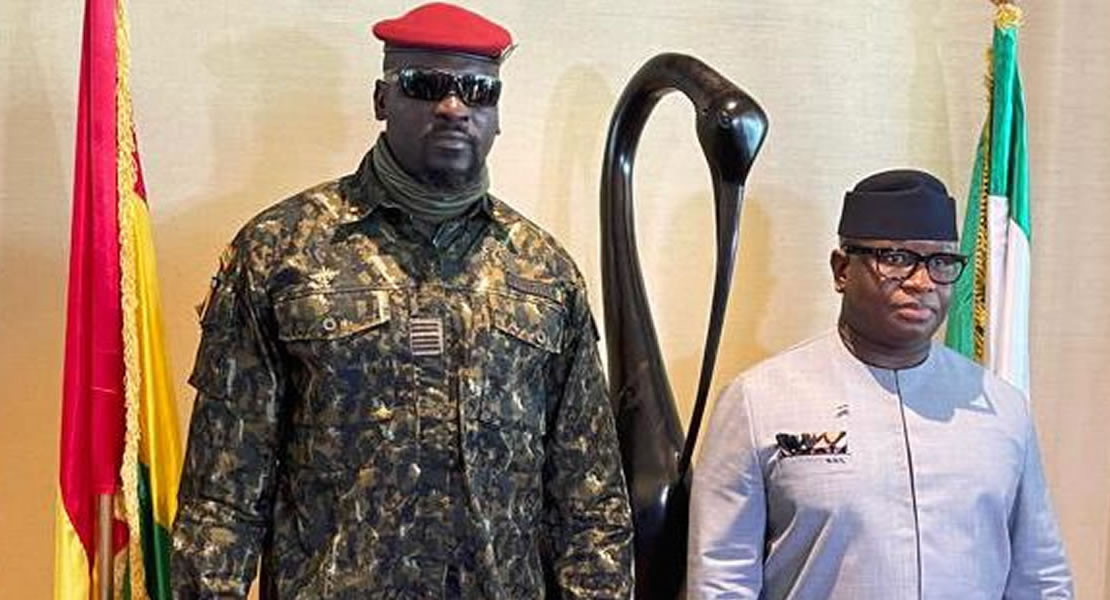 In Mali, he noted that they expressed the hope that the Malian Authorities will take seriously, the new position by the ECOWAS Authority of Heads of States and Government and take very decisive and timely steps, aimed at having them reversed. “We are aware that, as strategic as these sanctions are, their negative consequences on the civilian population cannot be avoided.”
In Mali, he noted that they expressed the hope that the Malian Authorities will take seriously, the new position by the ECOWAS Authority of Heads of States and Government and take very decisive and timely steps, aimed at having them reversed. “We are aware that, as strategic as these sanctions are, their negative consequences on the civilian population cannot be avoided.”
“In the Republic of Guinea, it is hoped that with the inauguration of the National Transition Council, a timetable for the holding of elections within a reasonable timeframe will be presented soon. We, however, remain engaged with mediation efforts, which have witnessed coordinated and consistent political engagements at the regional and international levels, aimed at restoring constitutional order.”
This is the posture that has been consistently demonstrated by ECOWAS in all of its engagements with relevant stakeholders and we will continue on this path, until constitutional order is restored, he added.
We also strongly believe that Mano River Union Countries: Liberia, Sierra Leone and Cote D’ Ivories, have a moral obligation to ensuring that the Republic of Guinea is restored to Constitutional rule.
“I want to thank Your Excellences Dr. George Weah, President Julius Maada Bio and President Allasane Quattara, for engaging the Military Leadership and express the optimism that more engagements will be done in the coming weeks”.
On the political situation in Burkina Faso, we condemn the coup of 24 January and express concern over the deteriorating security situation which preceded the coup. The waves of attacks from violent extremists in Burkina Faso has exacerbated the already worsening humanitarian situation in the country and we use this occasion to call on the military authorities to, as a matter of urgency, adopt a transitional plan that would facilitate the return to constitutional rule, the Speaker stated.
On Guinea Bissau, “we condemned the attempted coup of 2nd February, 2022, and express solidarity with the Government and People of Guinea Bissau. We sincerely hope that the deployment of a force will help stabilize the country and guide against the reoccurrence of such anti-democratic act.”
Another scenario worthy of mention is the rising insecurity in the Sahel region. As you well know, the situation is most precarious in Burkina Faso, Mali, Niger, Nigeria and the Lake Chad Basin. Deteriorating security and violence are aggravating an already difficult humanitarian situation, especially amid the COVID-19 pandemic and climate change.
Kwaku Sakyi-Danso/Ghanamps.com/ Liberia
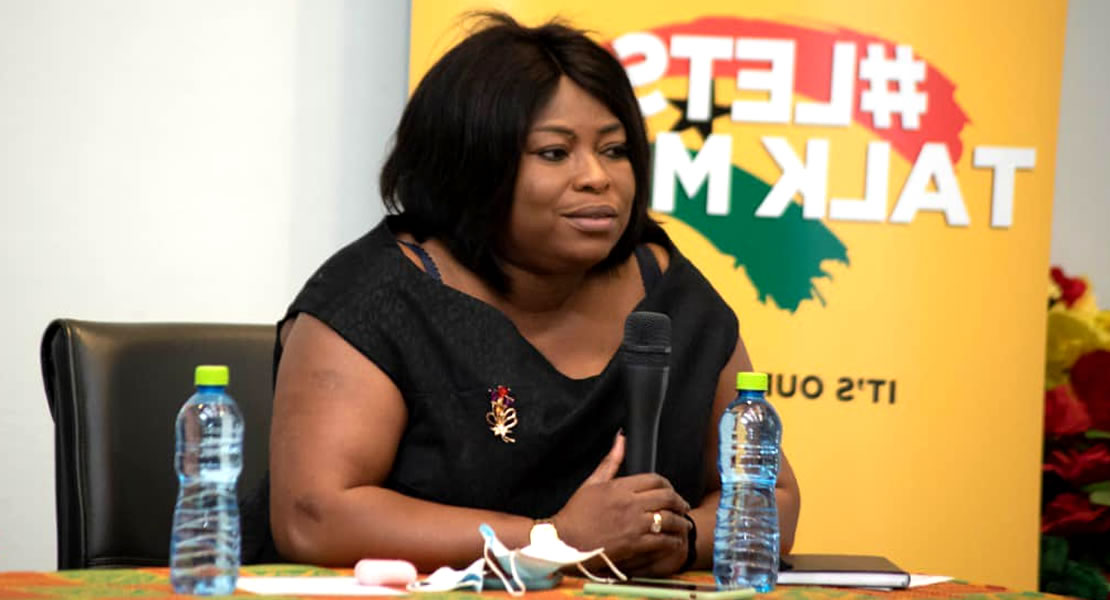
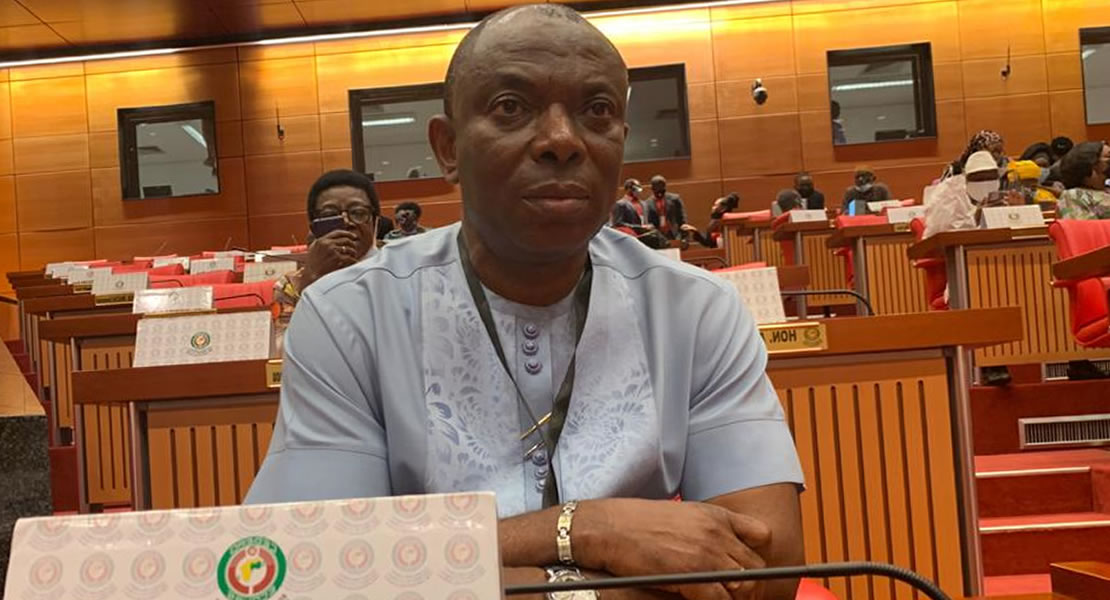
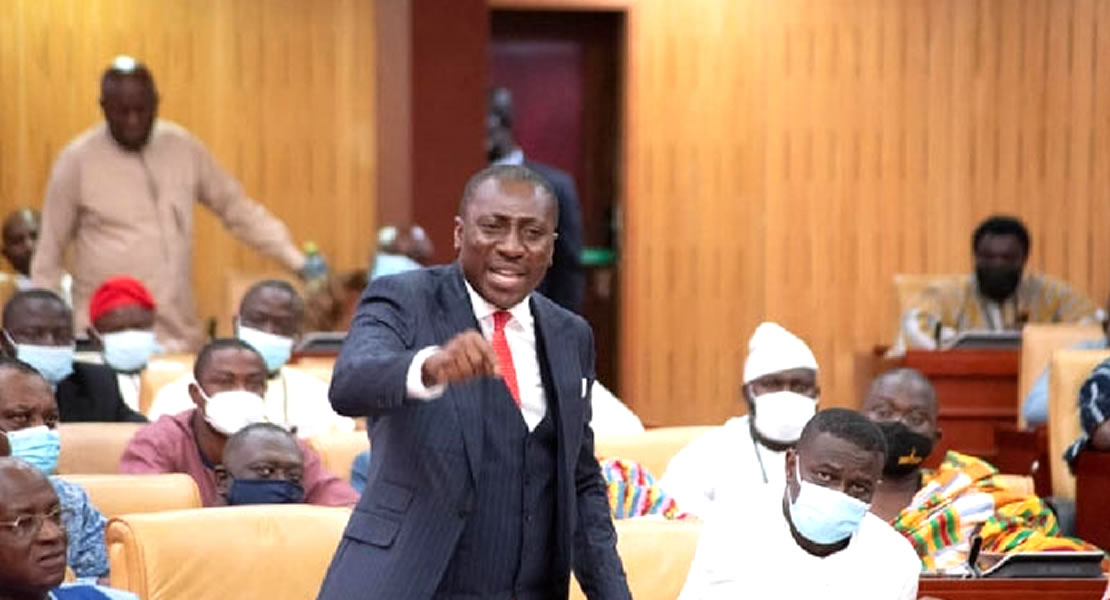
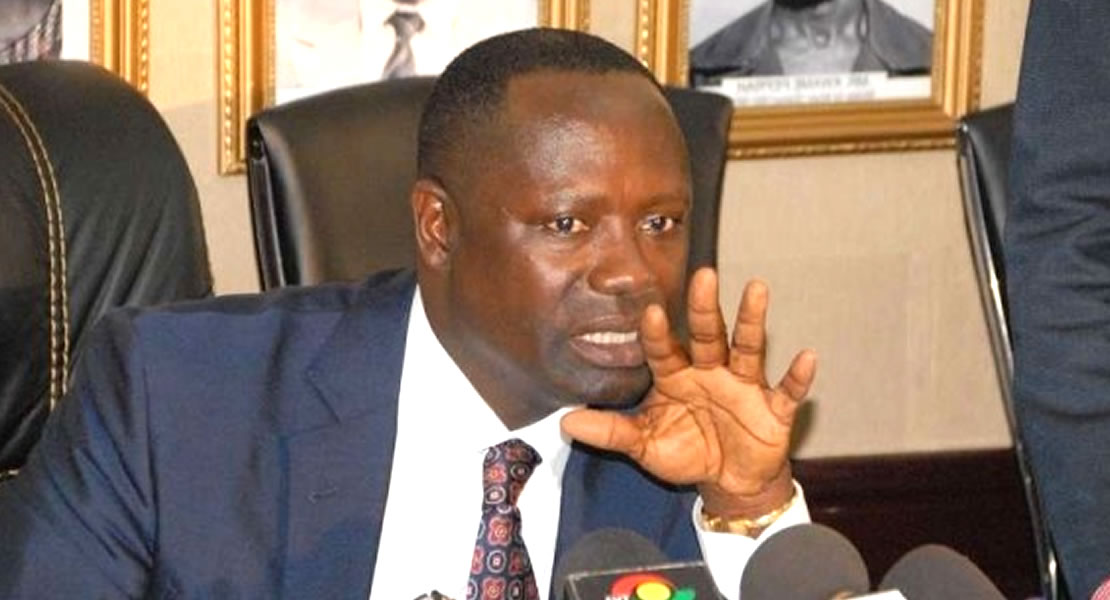
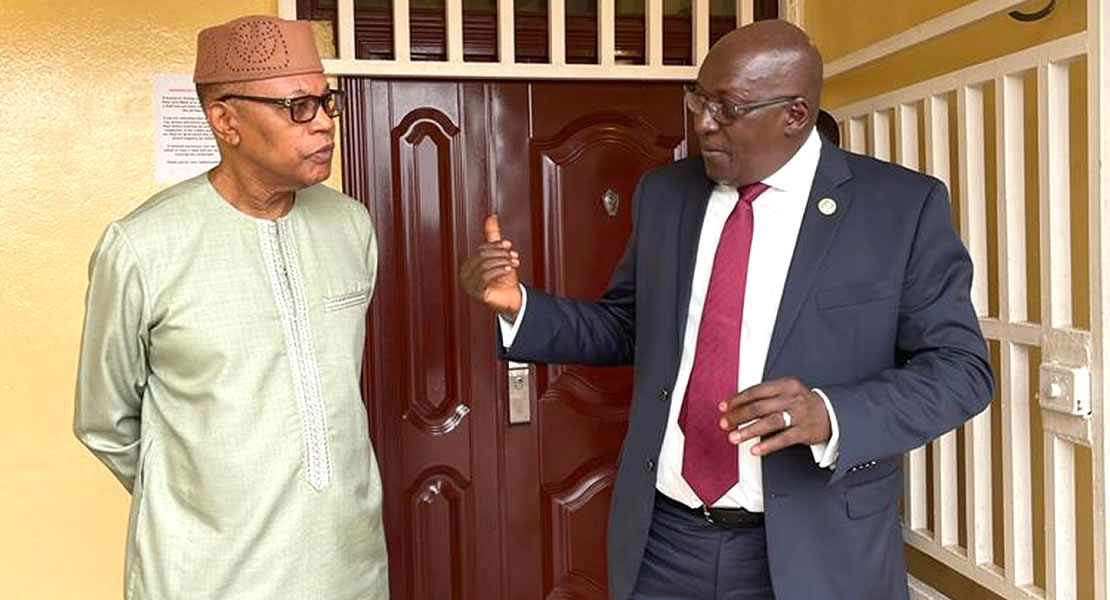
 As a result, the democratic processes appear weakened, thereby impacting negatively on the image of ECOWAS.
As a result, the democratic processes appear weakened, thereby impacting negatively on the image of ECOWAS. In Mali, he noted that they expressed the hope that the Malian Authorities will take seriously, the new position by the ECOWAS Authority of Heads of States and Government and take very decisive and timely steps, aimed at having them reversed. “We are aware that, as strategic as these sanctions are, their negative consequences on the civilian population cannot be avoided.”
In Mali, he noted that they expressed the hope that the Malian Authorities will take seriously, the new position by the ECOWAS Authority of Heads of States and Government and take very decisive and timely steps, aimed at having them reversed. “We are aware that, as strategic as these sanctions are, their negative consequences on the civilian population cannot be avoided.”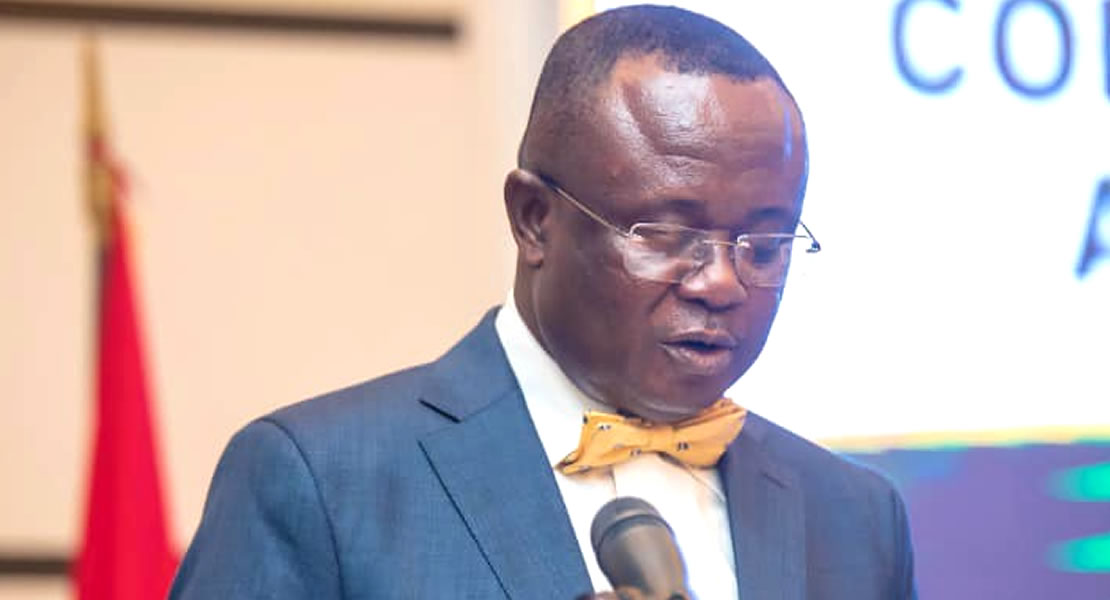
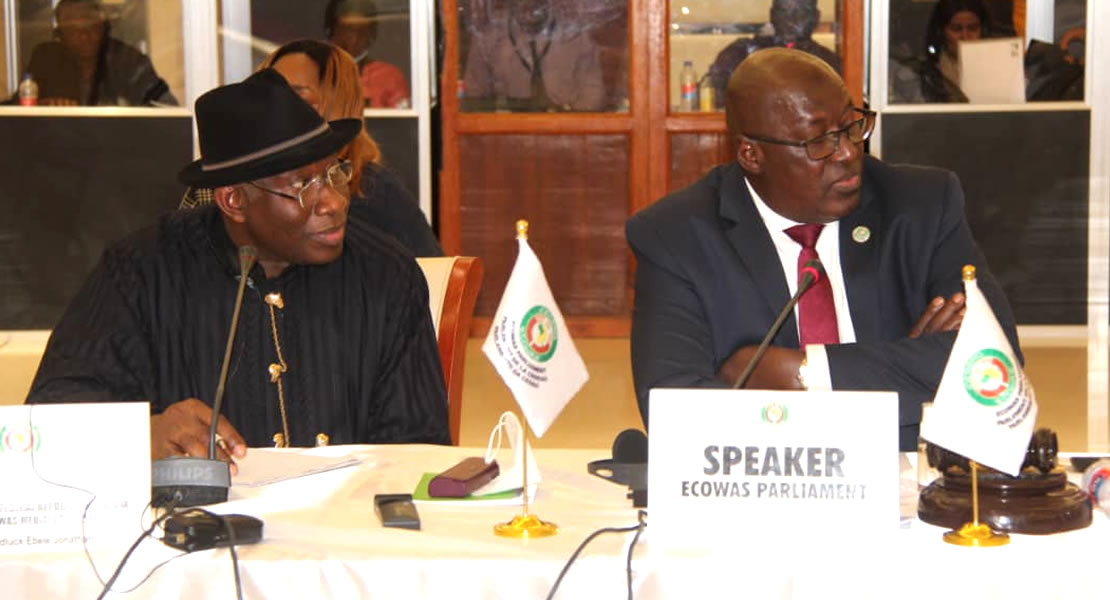
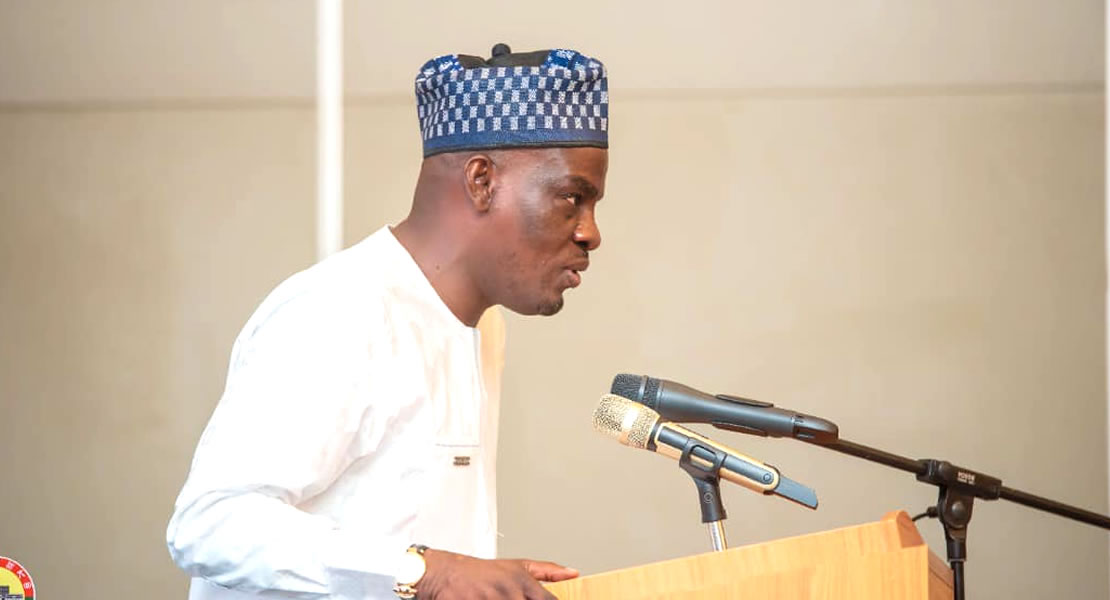
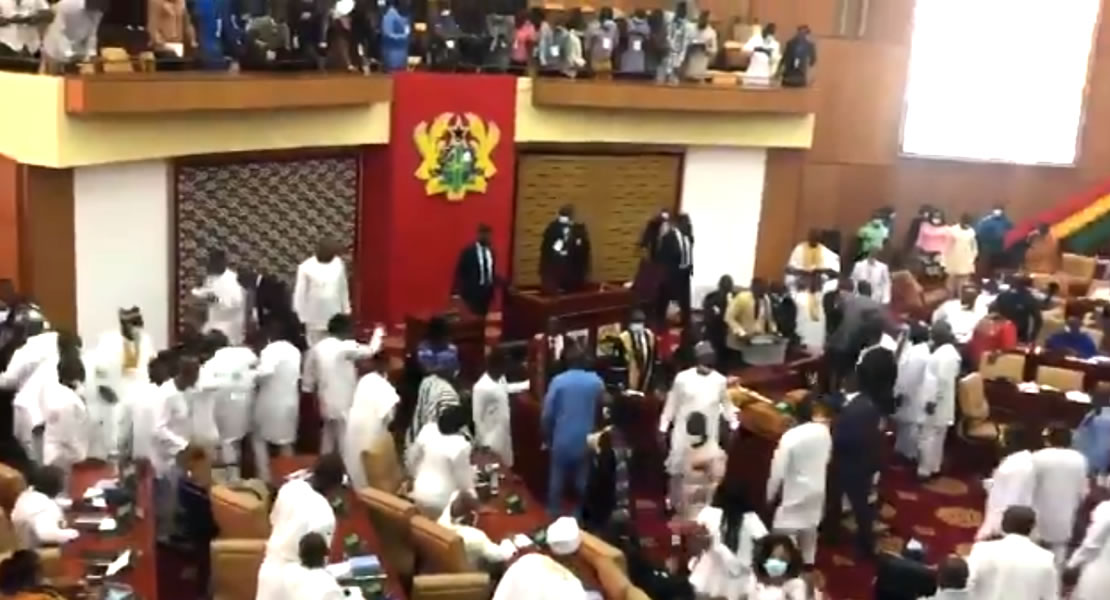 According to him, it is intriguing for us to hear while we await the full report on the reasoning of the Supreme Court from one of the justices that “the quorum in article 102 is not the same thing as the quorum in Article 104.
According to him, it is intriguing for us to hear while we await the full report on the reasoning of the Supreme Court from one of the justices that “the quorum in article 102 is not the same thing as the quorum in Article 104.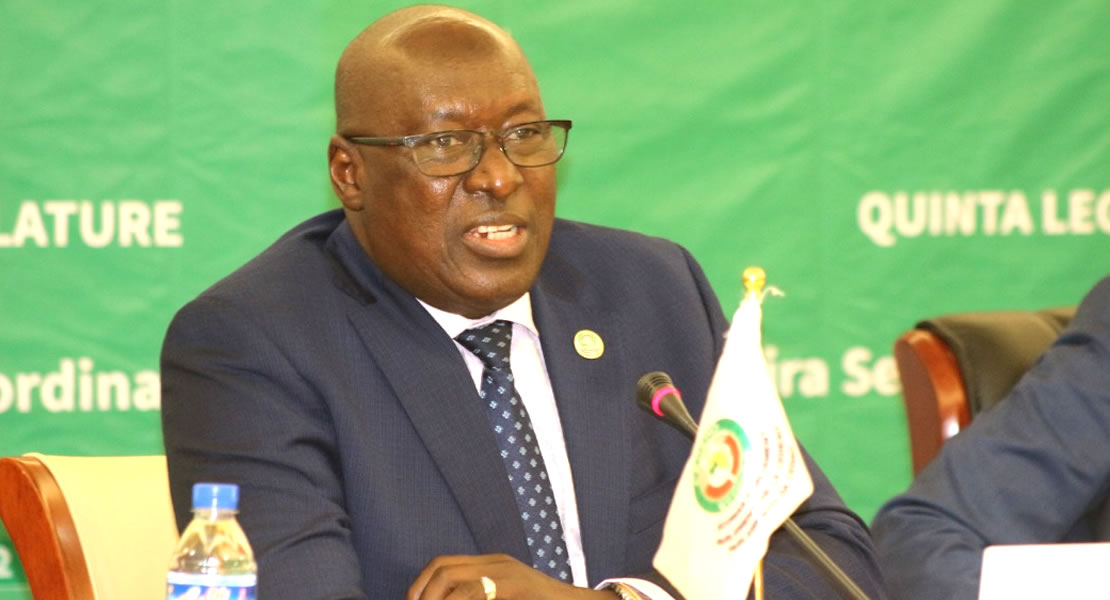
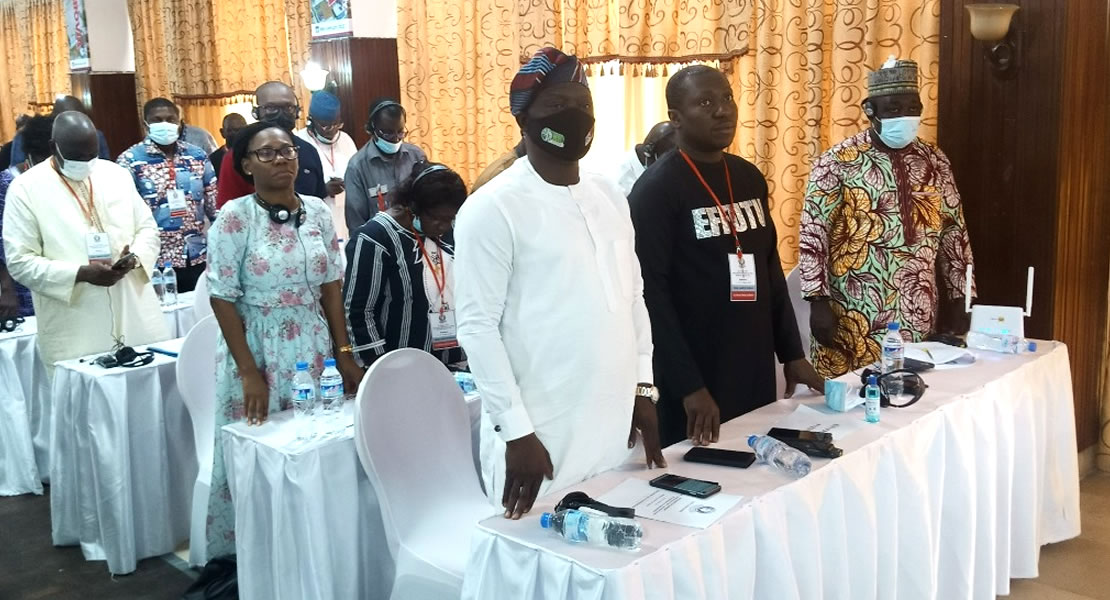 He said he is of the conviction that they do not abandoned their former colleagues because they have coup in their country and their national assembly has been dissolved, “let us listen to them”, he said.
He said he is of the conviction that they do not abandoned their former colleagues because they have coup in their country and their national assembly has been dissolved, “let us listen to them”, he said.